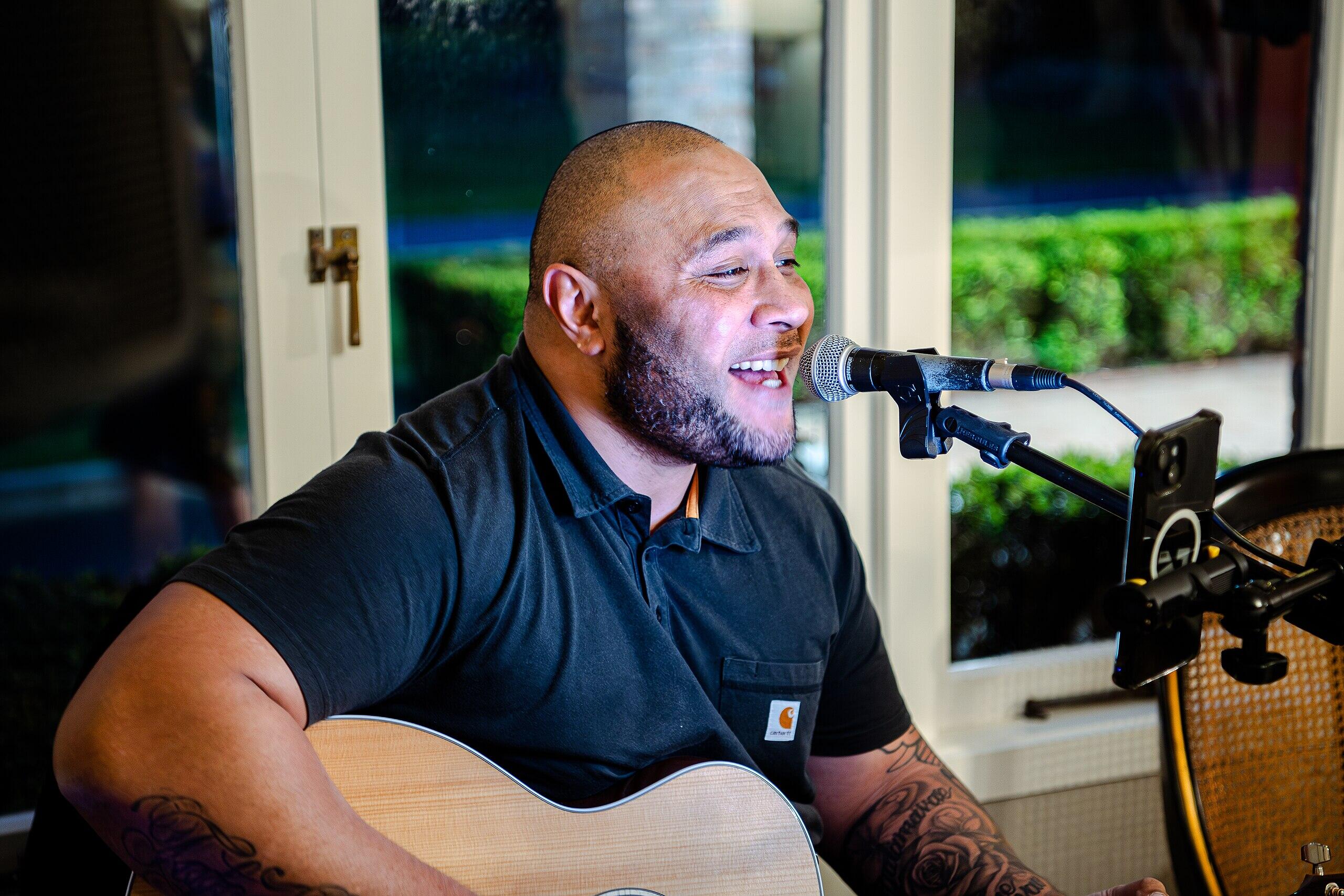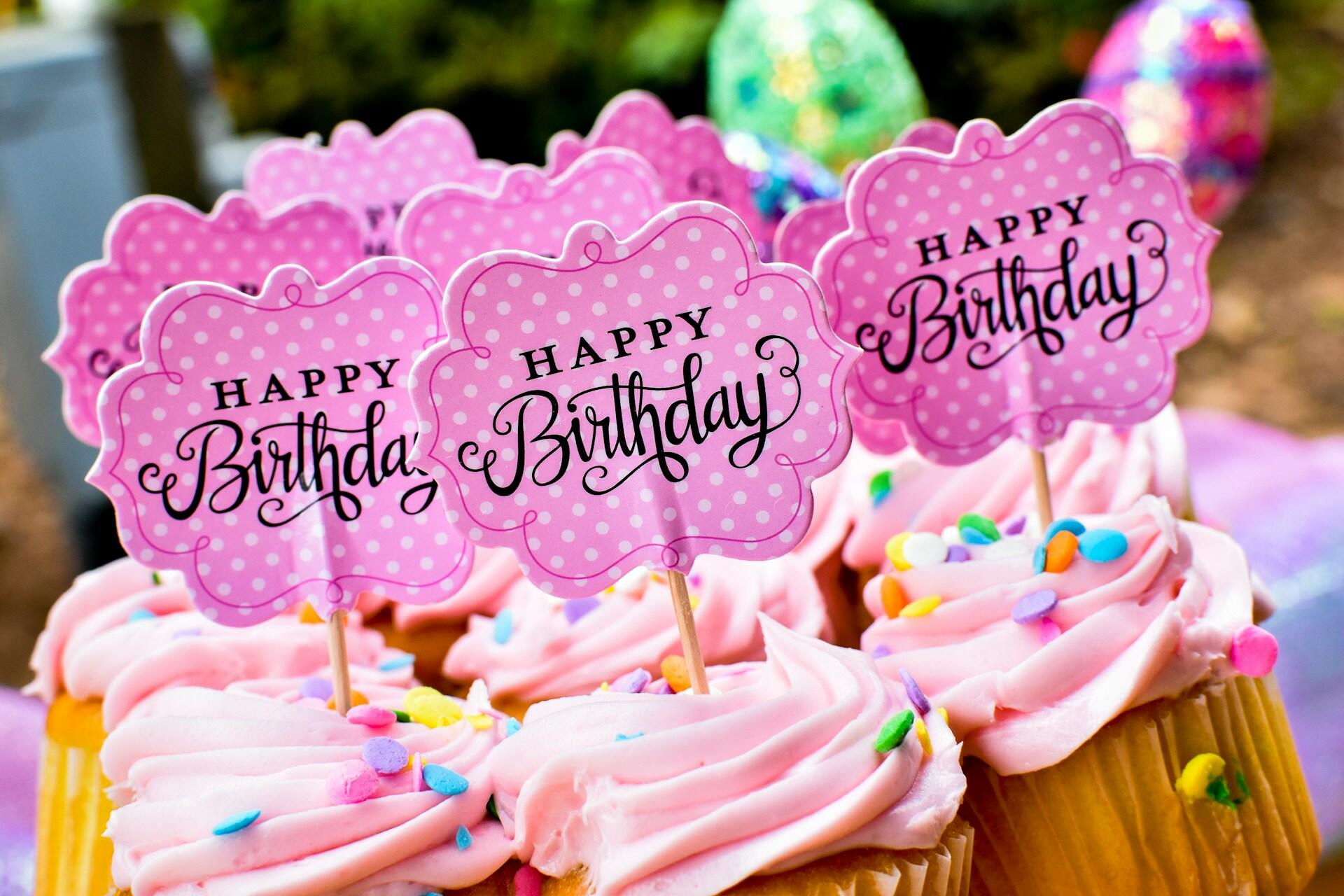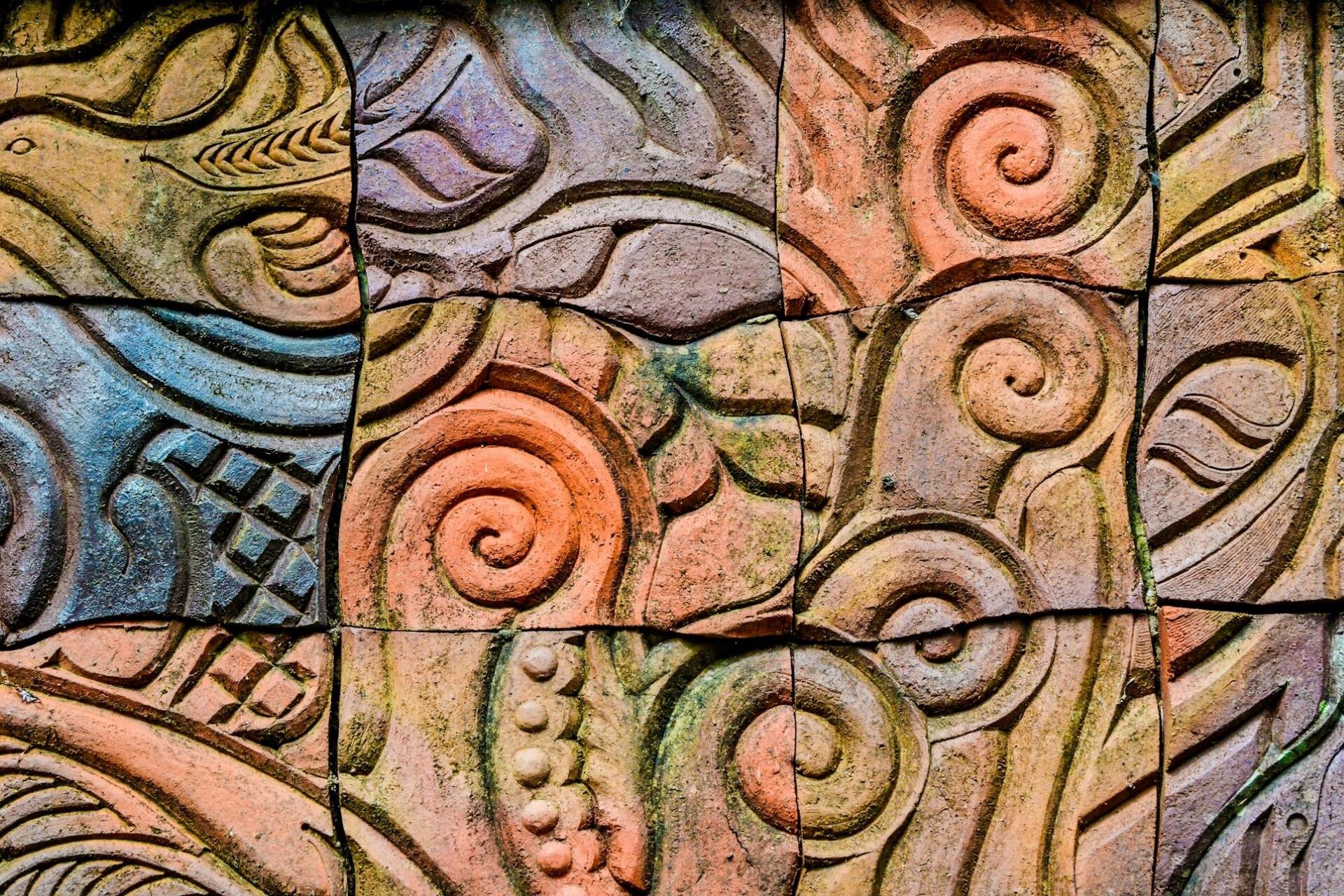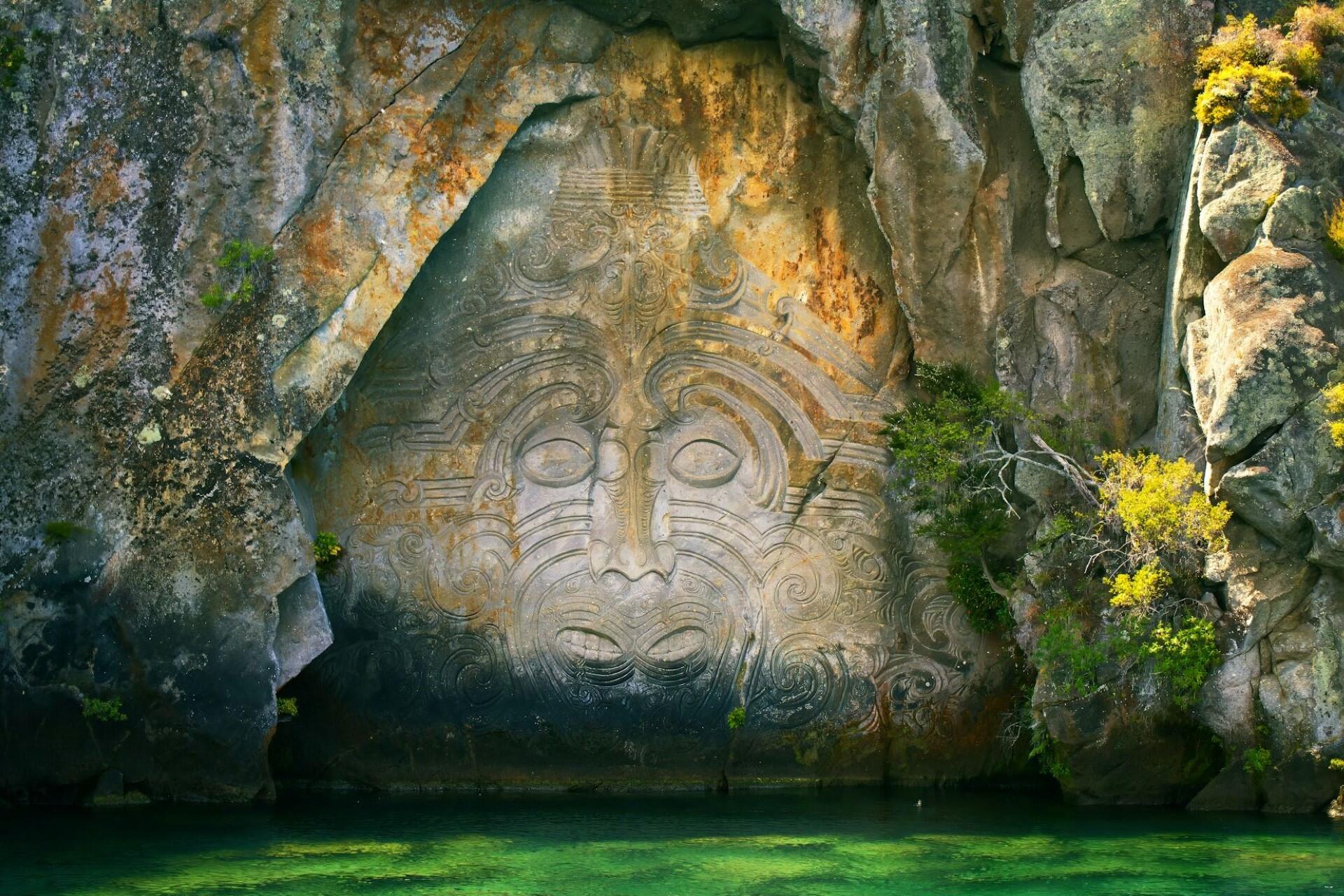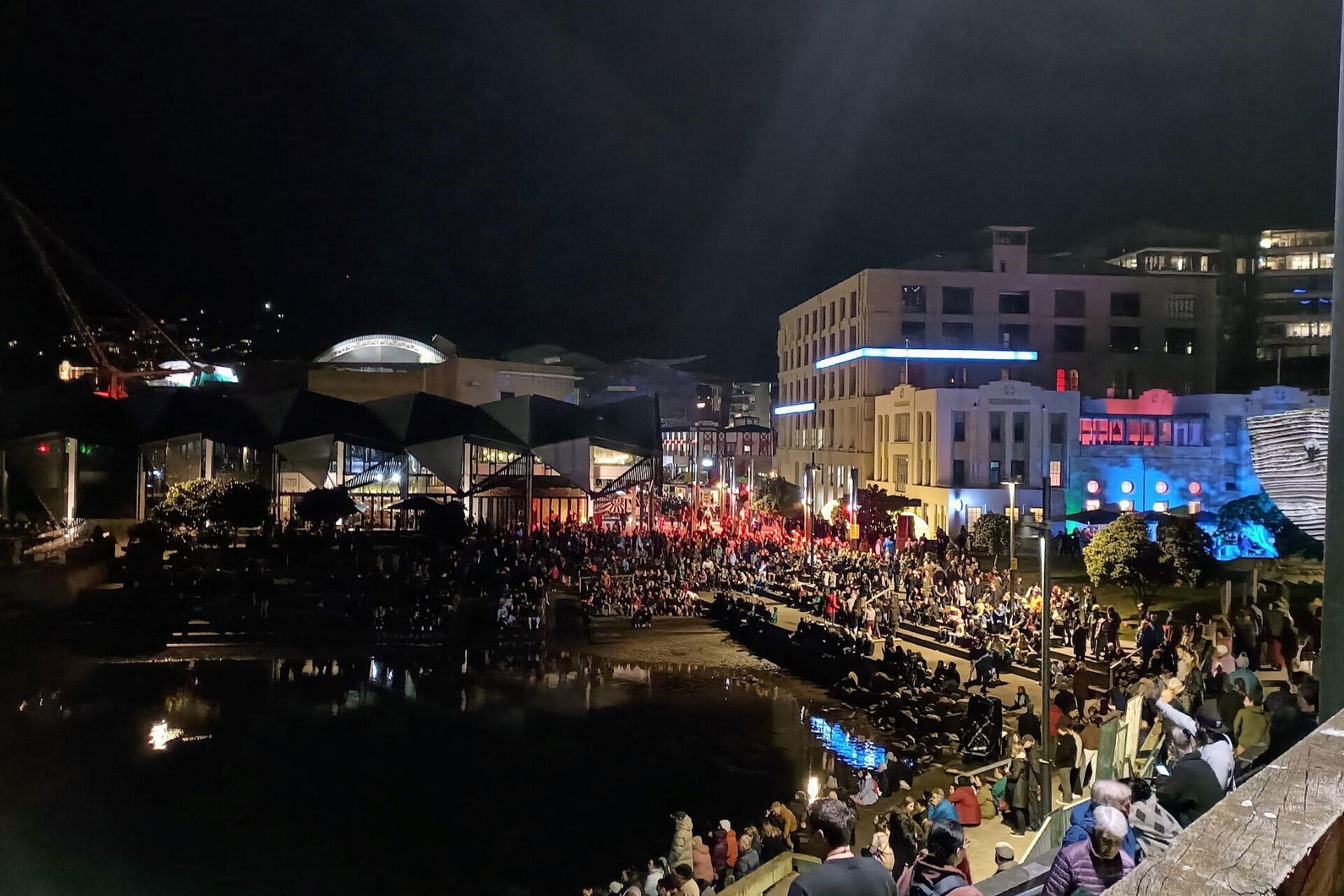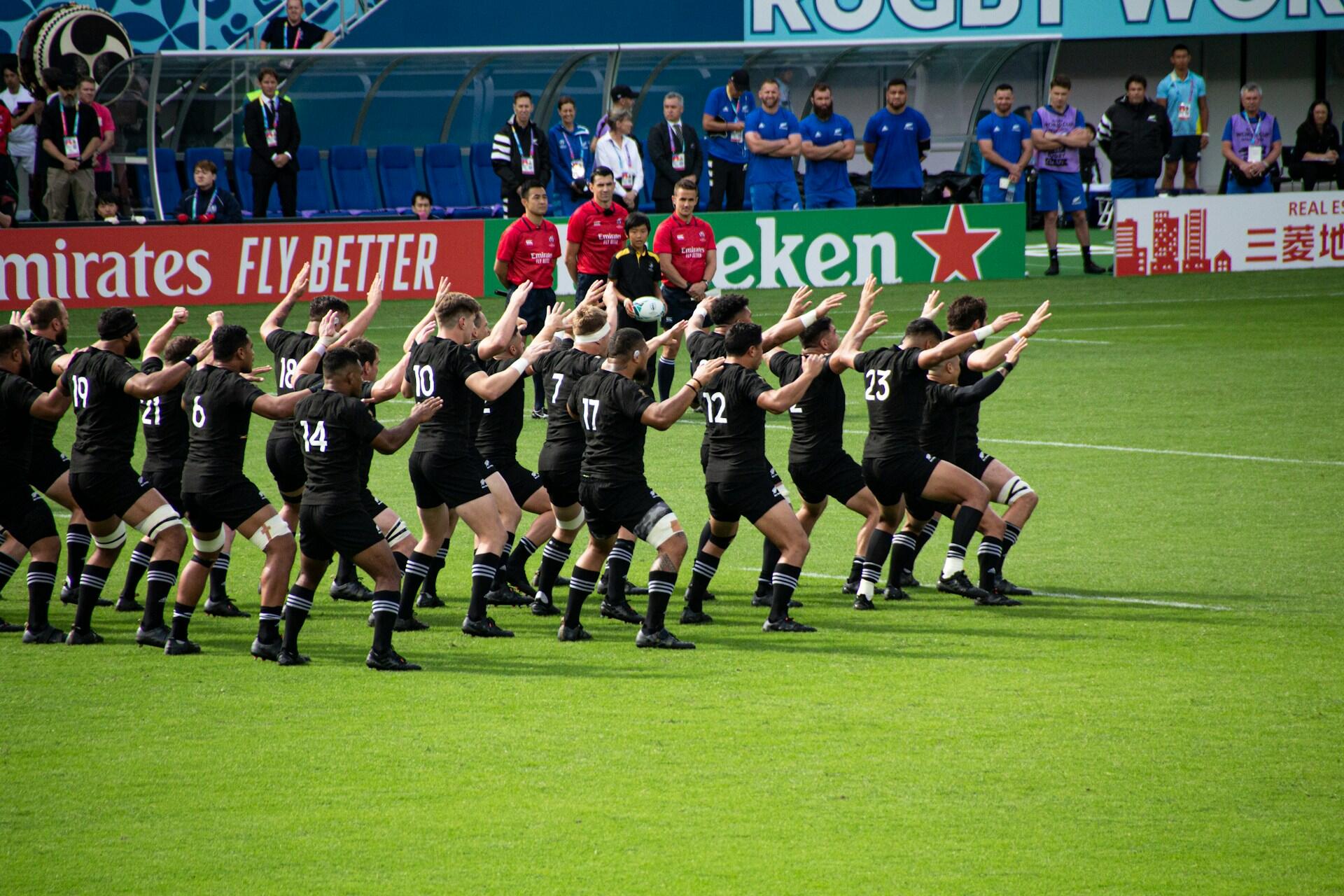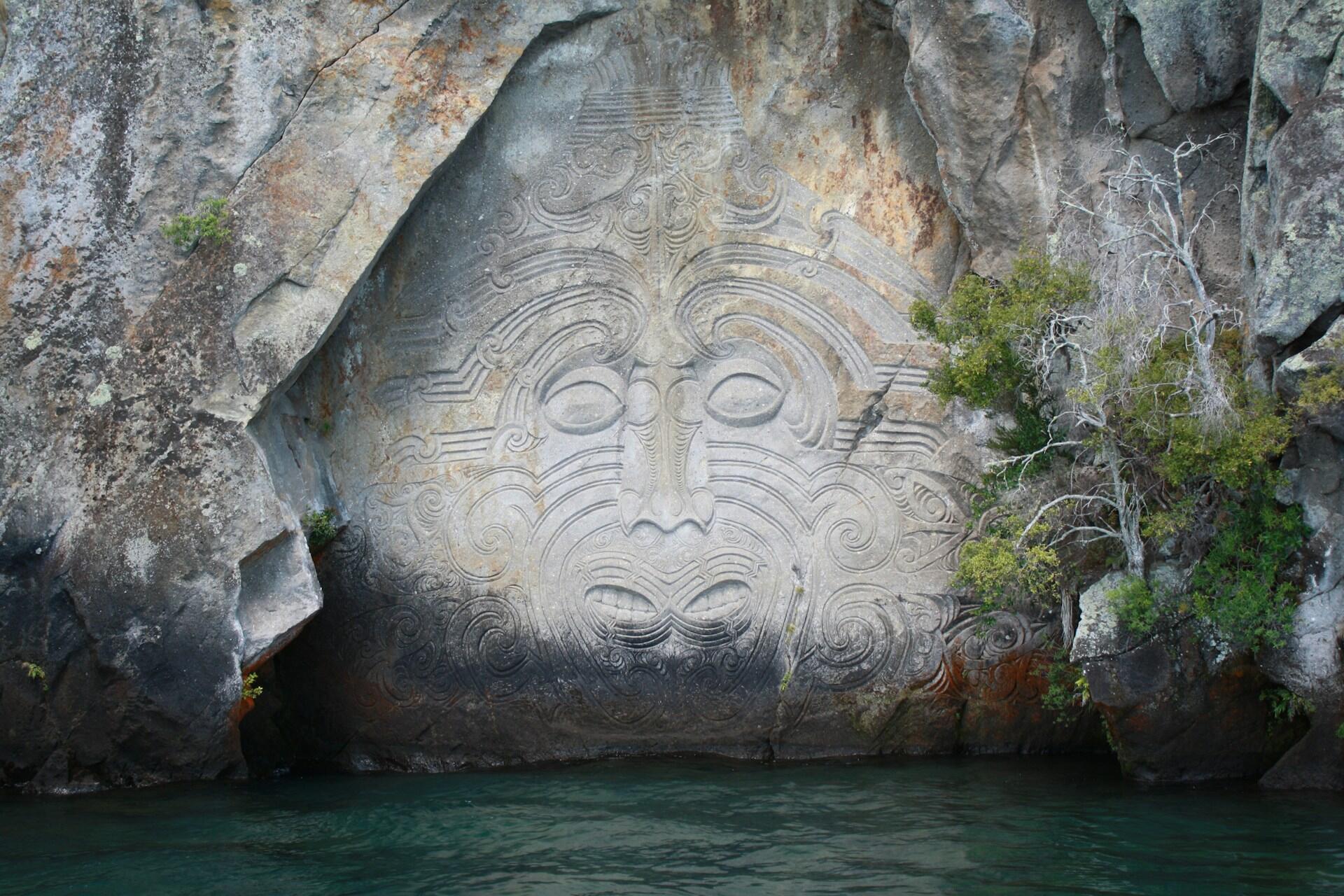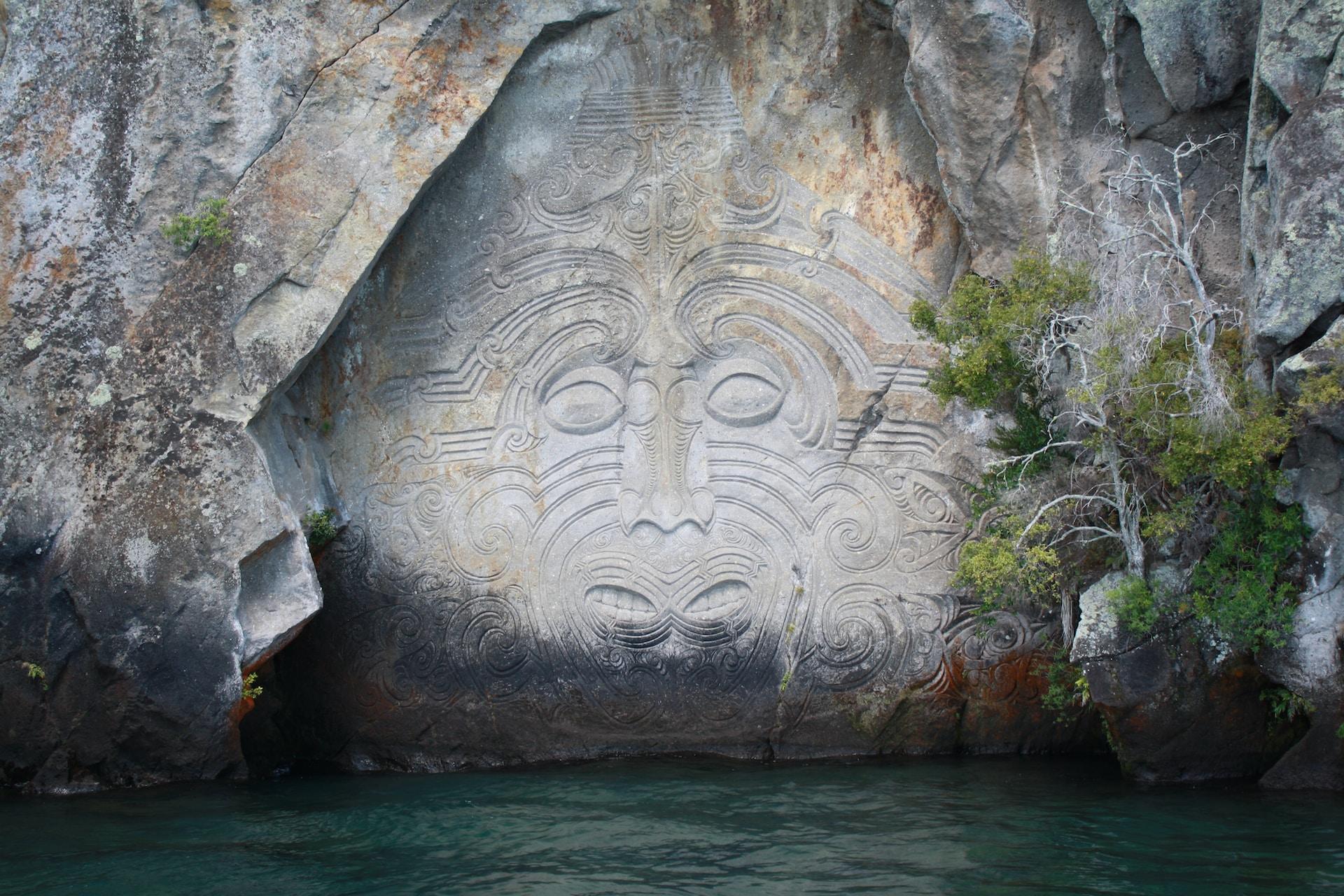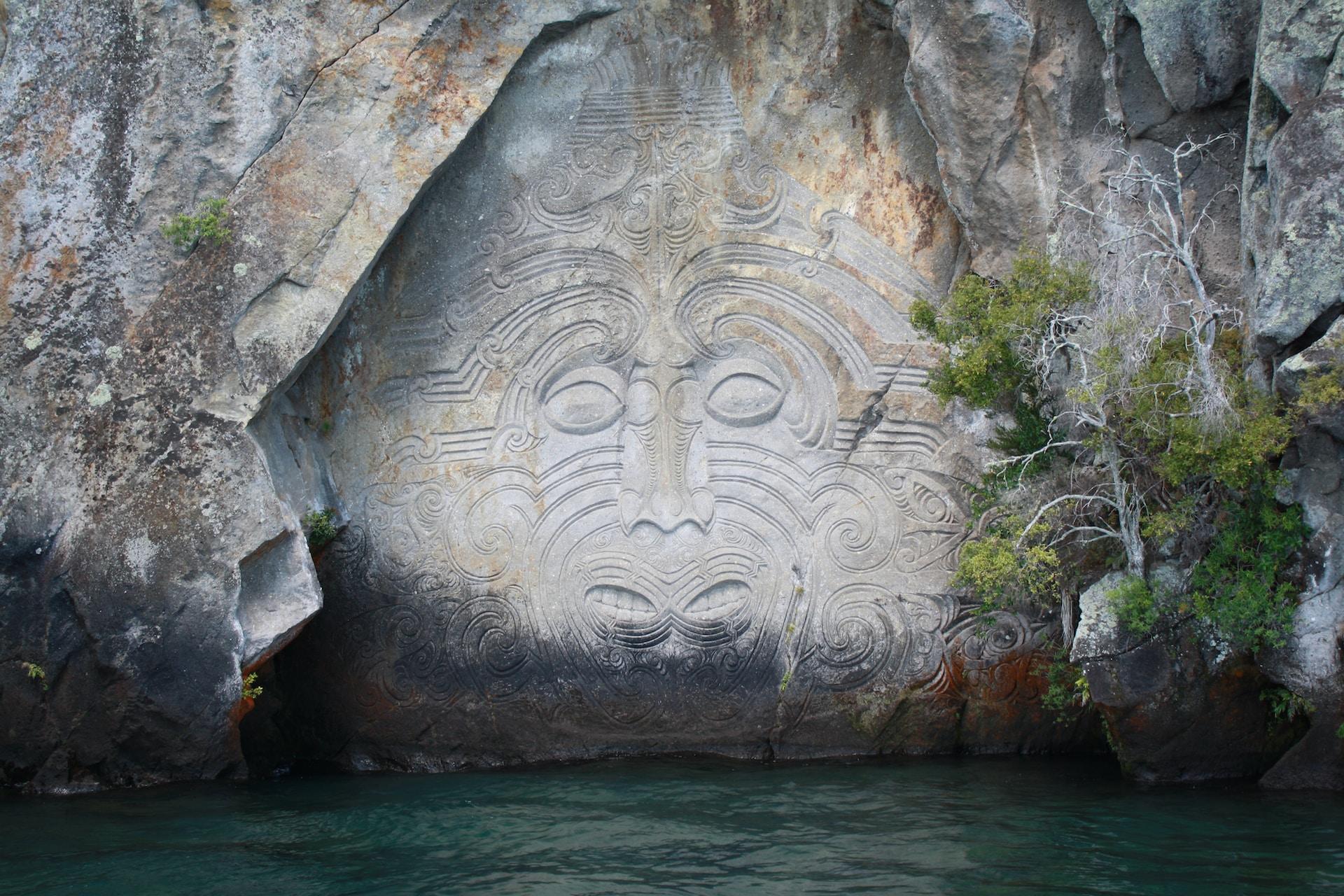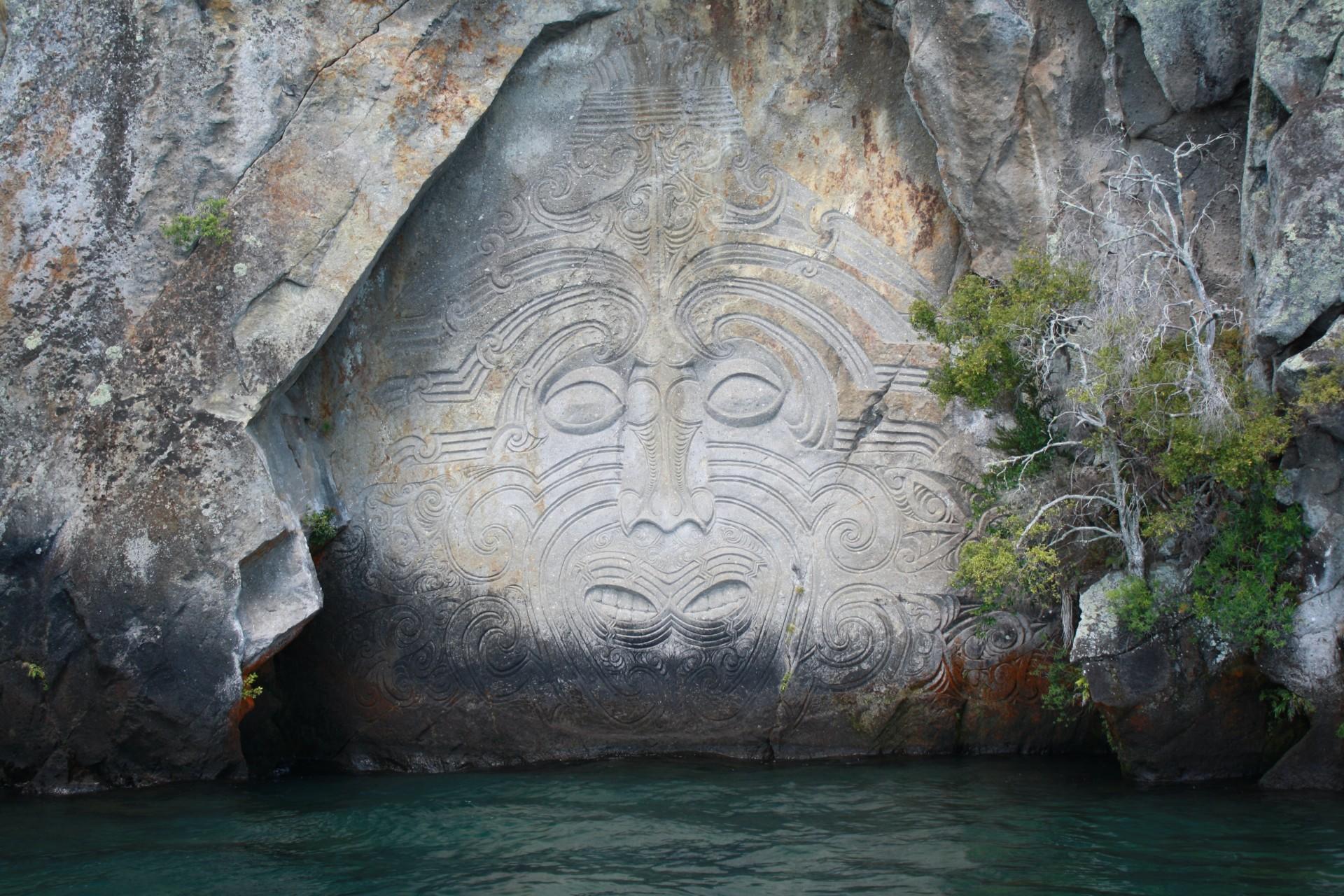Waiata, or Māori songs, are a key part of the Māori culture. They're a powerful form of storytelling, expression, and connection passed down through generations. They carry the weight of history, spirituality, and identity.
Across Aotearoa (New Zealand), they have been performed in various contexts, from pōwhiri (welcomes) to tangihanga (farewells). In addition to sharing whakapapa (genealogy), they're also used to celebrate love, unity, and the natural world.
They're still used for those reasons, but they blend traditional forms with modern interpretations. Whether performed with poi or adapted into contemporary music, waiata connects Māori communities to the past, present, and future.

What Are Māori Waiata?
Waiata are more than just songs. They're a powerful medium for expressing emotions, preserving history, and connecting people. The word means "song" or "chant" in te reo Māori, but it takes on more meaning when you understand the cultural context.
Forms of Waiata
There are a few key types of waiata. Each of them can serve a unique function in Māori life. Let's explore a few of them:
- Waiata Tangi (Laments): Songs of grief and mourning, often performed during tangihanga (funeral rites) to honour the deceased and express loss.
- Waiata Aroha (Love Songs): Expressing feelings of love, longing, or emotional connection.
- Waiata Poi: Accompanied by poi (tethered balls on strings), these songs showcase intricate hand movements and rhythm.
- Waiata Whakapapa: Songs that recount genealogies and ancestral stories, preserving the lineage of iwi (tribes).
A Medium of Storytelling and Connection
Waiata are more than music. They're a form of storytelling that includes whakapapa (genealogy), mythology, and Māori values. They're passed on through oral tradition from generation to generation.
Waiata are living taonga (treasures), carrying the voices of the ancestors and connecting the past to the present.
Waiata can be sung in ceremonial settings or casual gatherings and is still an integral expression of Māori identity, including Māori spirituality and cultural pride.
The Cultural Importance of Waiata
Waiata are an important part of Māori culture. As a means to connect with ancestors, express emotions, and uphold traditions, they're more than just cultural products.
Waiata are vital to maintaining Māori's cultural identity and fostering the sense of community that comes with it.
Preserving History and Whakapapa
Waiata is key to preserving whakapapa (genealogy) and oral history. Waiata can carry the stories of iwi (tribes), hapū (sub-tribes), and whānau (families), which ensures that the knowledge of the past is passed down to future generations.
Māori history isn't just remembered through waiata. It's experienced, with melodies and lyrics evoking the people, places, and events that the songs honour.
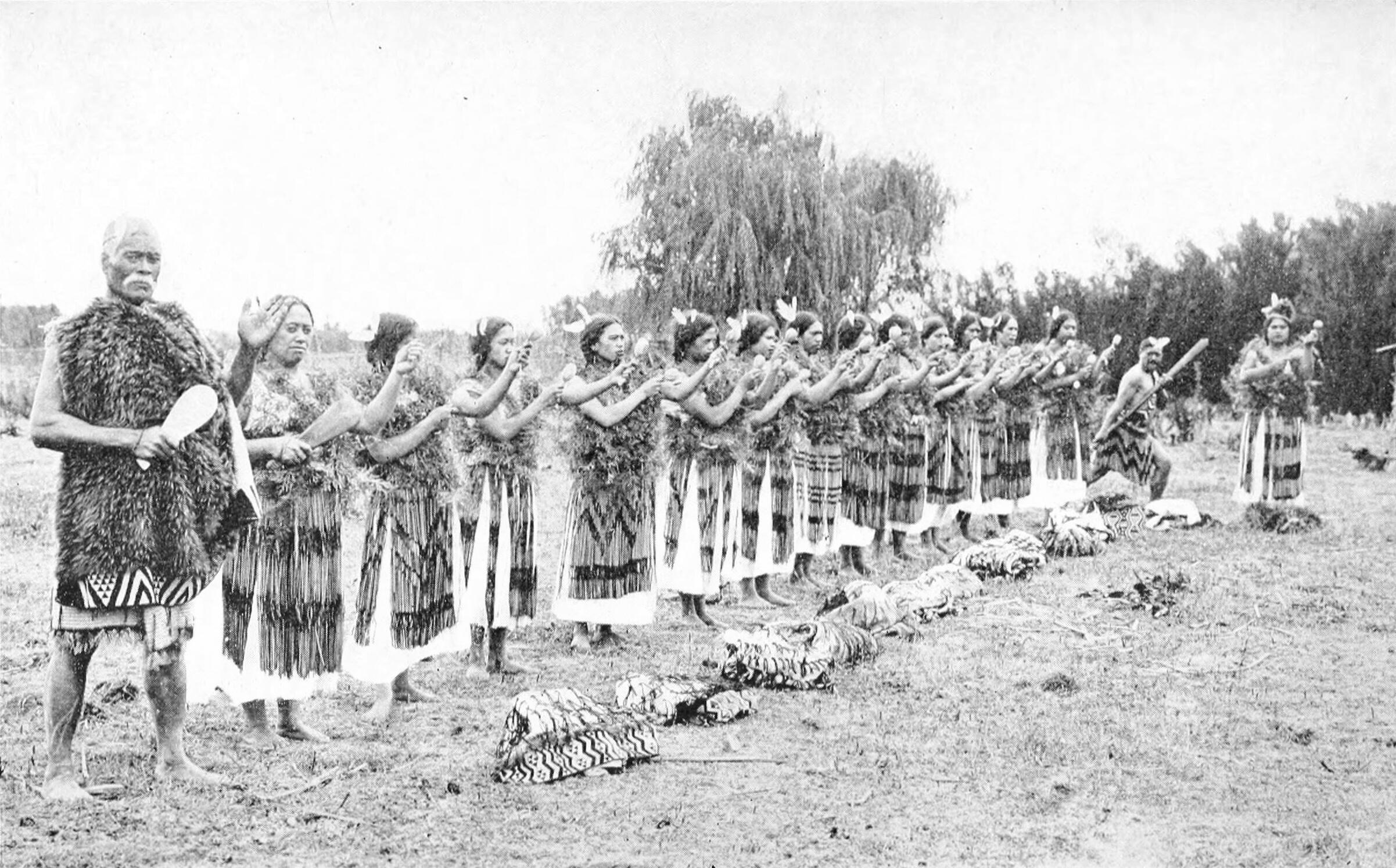
Expressing Emotion
Waiata are also an important way to express emotions. Grief can be expressed and experienced with waiata tangi, while joy and celebration are central to waiata aroha. The songs are an emotional outlet for individuals and communities, especially when they collectively experience complex emotions, whether positive or negative.
Strengthening Community Bonds
Waiata are often performed in groups and when they are, they're an excellent way for communities to foster unity and a shared purpose.
Singing together, especially during a pōwhiri (welcome ceremony) or at a hui (gathering), can reinforce connections among the participants. The collective aspect of waiata is a powerful symbol of Māori identity and resilience.
Waiata are the heartbeat of Māori culture, strengthening ties between people, ancestors, and the land.

How Waiata Are Performed
Waiata are a deeply communal and expressive art form that often blends melody, rhythm, and movement.
Some waiata are sung solo, but they are usually performed in groups with rich harmonies, amplifying their emotional and cultural impact.
Group Singing and Harmonisation
It's very common for waiata to be performed in unison or harmony. Singers work together to convey the story and emotions of the song. Waiata are key for reinforcing whanaungatanga (kinship) and a sense of belonging.
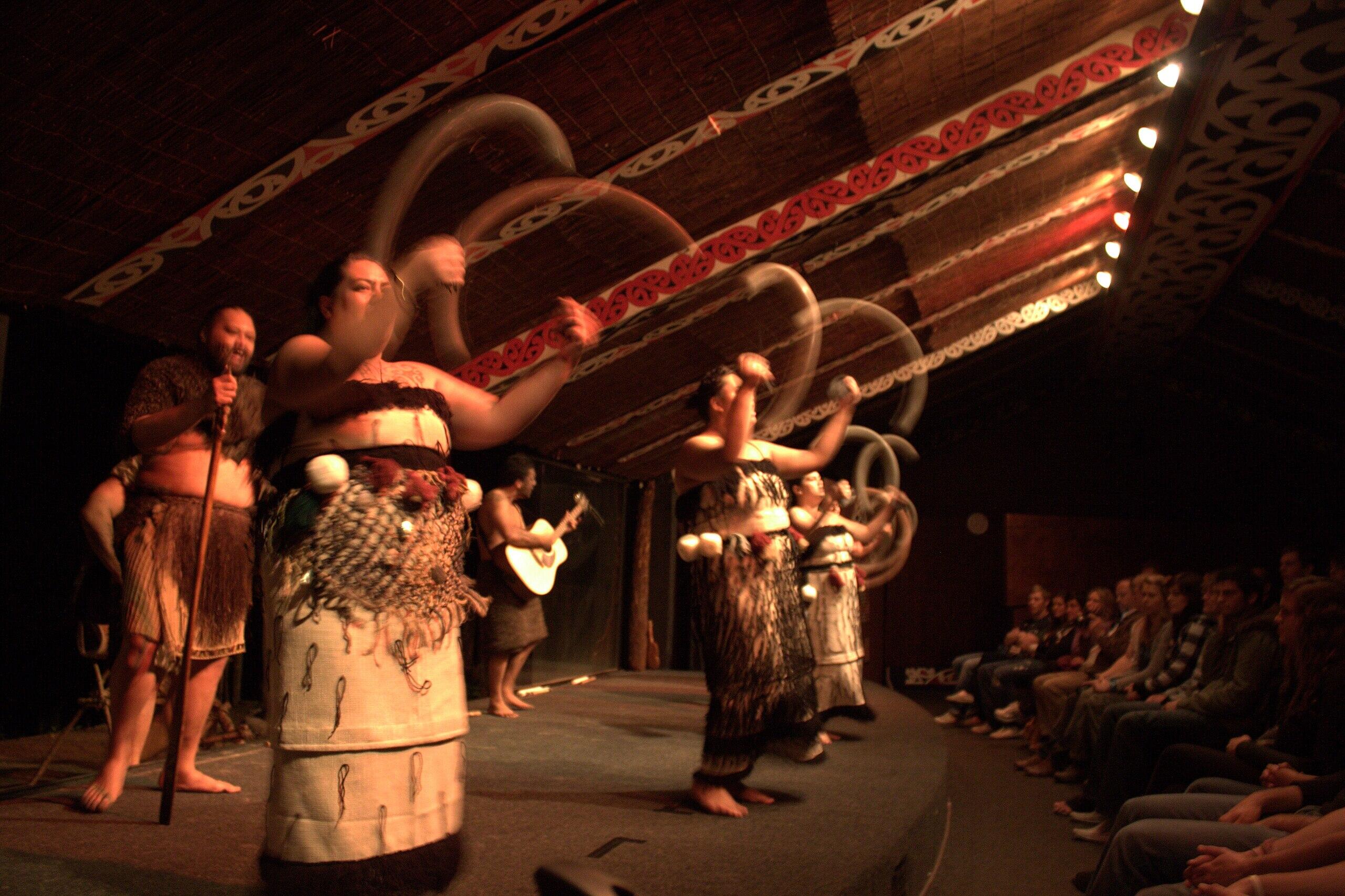
- Call and Response: Some waiata include this dynamic, where a lead singer calls out a line, and the group responds, enhancing the interactive nature of the performance.
- Emotive Delivery: Facial expressions and vocal tones are crucial, as they convey the depth of emotion behind the lyrics.
Accompanying Actions
Waiata often have actions that are used to enhance their meaning.
- Ringa (Hand Movements): Hand gestures can symbolise ideas, such as connection or navigation, adding a visual layer to the performance.
- Poi: Songs like waiata poi feature performers swinging poi in rhythm, showcasing intricate choreography.
- Posture Dance: In more formal settings, movements might mirror those of a haka, emphasising strength and precision.
Instruments in Waiata
It's very common for waiata to be performed a cappella, but traditional Māori instruments (taonga pūoro) can be included:
- Koauau (Flute): Adds a haunting melody that complements the singers.
- Pūtatara (Conch Shell Trumpet): Used to signal the start of a performance or ceremony.
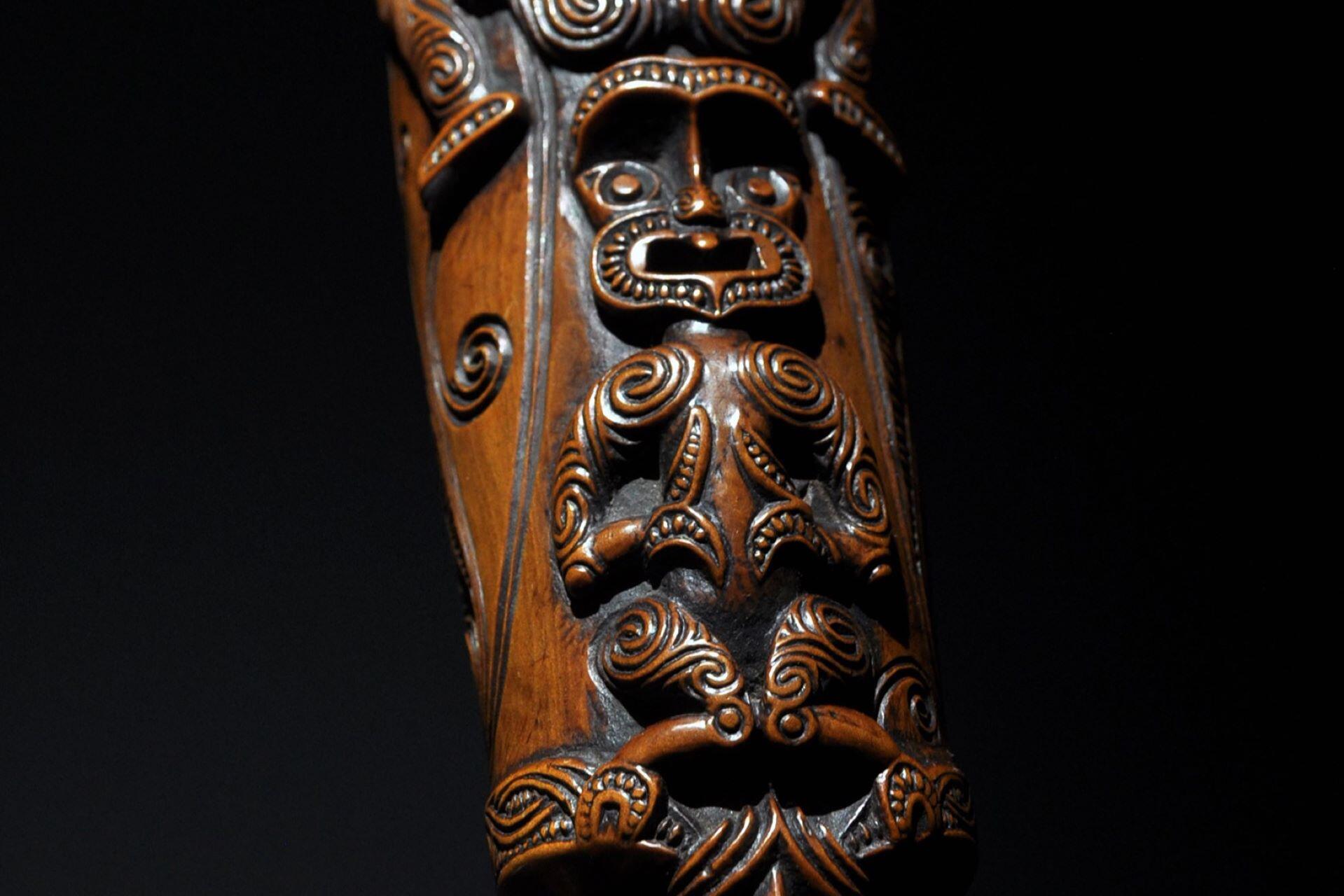
Through melody, movement, and harmony, waiata transcend words, creating a shared experience of culture and connection.
Featured Types of Waiata: Te Aroha
There are plenty of different types of waiata, with each having a unique purpose and significance.
Waiata can capture the full spectrum of human emotions and experiences, from celebration and love to grief and remembrance.
1. Waiata Tangi (Laments)
Waiata tangi are songs of mourning and grief. They're often performed at tangihanga (funeral ceremonies) to honour the deceased and express sorrow.
- Purpose: To commemorate loved ones and provide an outlet for collective mourning.
- Tone: Emotional and reflective, with lyrics that often recount the life and achievements of the person being mourned.
- Example: A lament for a revered elder might reference their genealogy (whakapapa) and their contributions to the iwi (tribe).
2. Waiata Aroha (Love Songs)
Waiata aroha expresses feelings of love, longing, and emotional connection.
- Themes: Romantic love, familial bonds, or deep friendships.
- Tone: Poetic and heartfelt, often with vivid imagery to convey emotions.
- Example: A waiata aroha might describe the pain of separation or the joy of reunion.
3. Waiata Whakapapa (Genealogy Songs)
This kind of waiata is specifically for recounting the genealogies (whakapapa) of iwi and hapū, which preserves the lineage and history of Māori communities.
- Purpose: To educate younger generations about their ancestry and cultural identity.
- Tone: Formal and narrative, highlighting connections to ancestors and the land.
- Example: A waiata whakapapa might trace the lineage of a chief or describe the migration of a tribe.
4. Waiata Poi
Waiata poi are songs that are performed with poi. These are tethered balls that are swung rhythmically along to the music.
- Purpose: To entertain and showcase the dexterity and coordination of the performers.
- Tone: Upbeat and rhythmic, often featuring repetitive patterns.
- Example: A waiata poi might celebrate a historical event or share a lighthearted story.
5. Karakia Waiata (Sacred Songs)
These waiata are usually performed in spiritual and ceremonial settings to accompany karakia (prayers).
- Purpose: To invoke blessings, protection, or guidance from the atua (gods).
- Tone: Reverent and spiritual, often performed in solemn contexts.
- Example: A karakia waiata might be sung during a pōwhiri (welcoming ceremony) or before the start of a journey.
Each type of waiata serves as a vessel for expressing emotions, sharing knowledge, and strengthening cultural bonds.
The Role of Waiata in Modern Times
While waiata are traditional songs with deep roots in Māori culture, they've evolved and changed over time.
Waiata are still a powerful medium for preserving Māori identity, sharing stories, and connecting communities, but they also bridge the past and the present.
Revitalising Te Reo Māori
Any cultural product that uses the Māori language can also help to revitalise it. Here are just some of the ways that waiata help to preserve and promote te reo Māori.
- Educational Tool: Waiata are frequently used in schools to teach Māori language and cultural values, making them accessible to children and non-Māori learners.
- Popular Culture: Contemporary artists like Stan Walker, Maisey Rika, and Ria Hall have integrated te reo Māori into their music, bringing the language to mainstream audiences.
- Cultural Movements: Initiatives like Waiata Anthems Week showcase the adaptability of waiata, encouraging musicians to perform in Māori while promoting the language’s beauty and relevance.
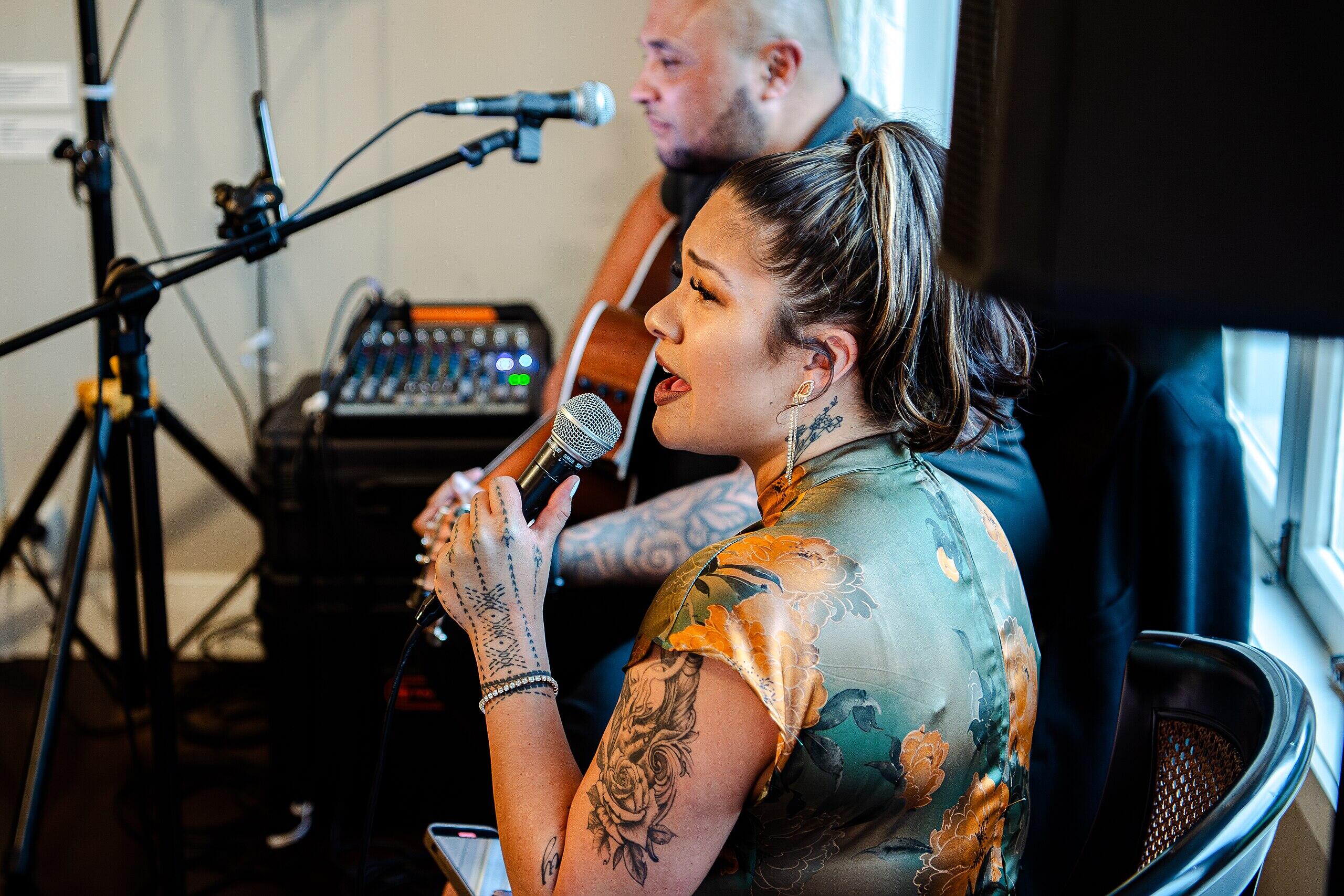
Maintaining Cultural Identity
Waiata are an important cornerstone of Māori cultural pride and identity. They're used in many important Māori cultural situations.
- Ceremonial Presence: Waiata continue to play a central role in events like pōwhiri (welcoming ceremonies), tangihanga (funerals), and national commemorations.
- Celebrating Resilience: Songs about historical events or ancestral struggles remind listeners of Māori resilience and adaptability in the face of challenges.
Connecting Generations
Perhaps the most important aspect of waiata is how they act as a bridge between generations.
- Youth Engagement: By incorporating pop, reggae, or hip-hop influences, waiata appeal to younger audiences, ensuring that Māori music traditions remain vibrant and relevant.
- Family Connection: Singing waiata at home or during gatherings strengthens intergenerational bonds and fosters a sense of belonging.
Waiata are a living tradition, evolving with time while preserving the heart of Māori culture.
Popular Waiata
If you'd like to hear examples of waiata, here are some of the most popular ones.
- Te Aroha – A song of love and unity, often sung at gatherings.
- Haere Mai – A welcoming waiata, perfect for pōwhiri (welcome ceremonies).
- Hine e Hine – A soothing lullaby, cherished for its calming melody.
- E Rangi e – A waiata tangi that expresses deep grief and connection to ancestors.
- Taku Ringa – A love song reflecting on emotional connections and relationships.
- Nga Whetū – A waiata about the stars, celebrating the beauty of the night sky.
- Kia Kaha – A modern waiata promoting strength and resilience.
- Tatou Tatou e – A song emphasising unity and community.
- Kaore e Mutu – A waiata aroha about unending love and commitment.
- Hoki Mai – A nostalgic waiata tangi, calling for a loved one to return.
Waiata continue to be a key part of Māori culture, bridging the traditional and modern across Aotearoa (New Zealand). These songs connect the past and present with powerful words and melodies, resonating with the wairua (spirit).
Popular waiatas like Haere Mai, Taku Ringa, and Hoki Mai celebrate unity and emotion. At the same time, modern compositions give this timeless tradition new energy.
Waiata inspires communities to sing, share, and connect, allowing Māori culture to survive for future generations to enjoy.
Summarise with AI:

